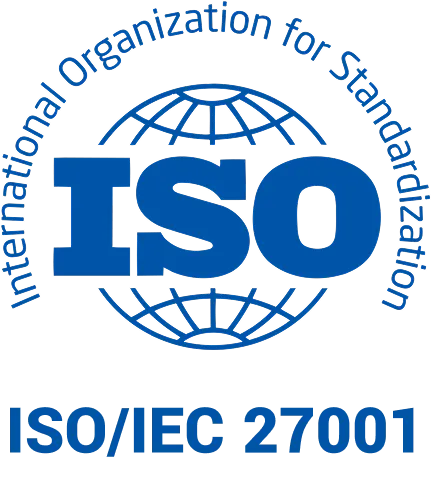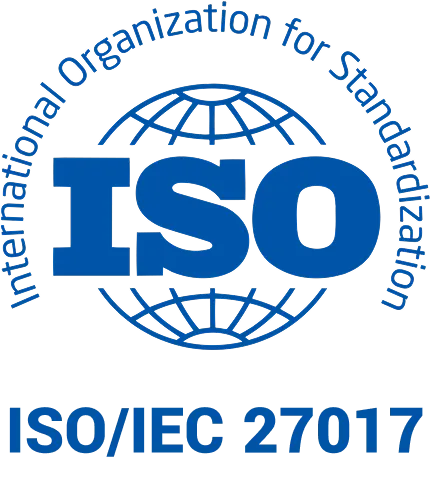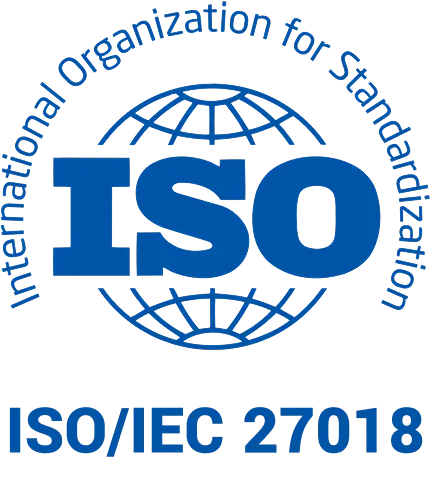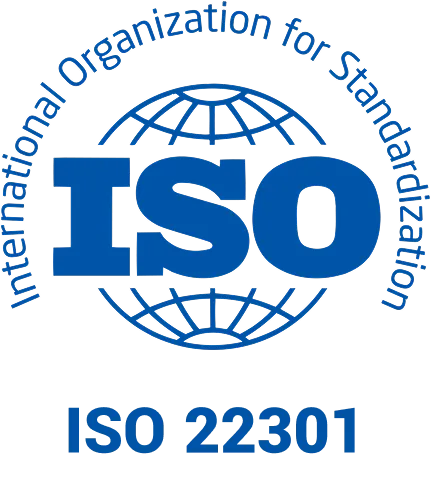
Why is an employee motivation system so important?
In a changing business world, where competition for top talent is more intense than ever, and employees seek not only satisfying salaries but also workplaces that offer something more—meaning and purpose—motivation systems are becoming indispensable elements of human resource management strategies. They are no longer just an addition to the benefits package but a foundation for building an engaged and efficient team. Implementing an effective motivation system can contribute to organizational success by improving not only employee morale but also productivity, which in turn leads to better company performance. In this context, understanding what a motivation system is and the roles it plays in a modern organization is essential for any leader or manager aiming to achieve exceptional results.
Motivation system – definition
A motivation system in an organization is an organized set of tools, procedures, and practices designed to stimulate employees to achieve set goals and maximize their potential. It is a comprehensive approach that includes not only financial aspects such as salaries, bonuses, or profit sharing but also intangible elements, including development opportunities, training, recognition, and building positive workplace relationships. The role of the motivation system in human resource management is invaluable—it serves as a bridge connecting individual employee aspirations with organizational goals. By adequately appreciating each team member's contribution, the motivation system not only increases engagement and employee satisfaction but also contributes to building an organizational culture based on mutual respect and the pursuit of excellence.
Importance of a motivation system for employees in a company
A motivation system in a company plays a key role in building engagement and satisfaction, which are essential for maintaining high work efficiency and ensuring long-term employee loyalty. Motivation, being the driving force behind every action, directly affects the quality of tasks performed, innovation, and readiness to take on new challenges. In an environment where employees feel valued and motivated, not only does the work atmosphere improve, but operational efficiency also increases. A motivation system tailored to the individual needs and expectations of employees can contribute to greater engagement, which directly translates into better results for the entire company.
The impact of motivation on work efficiency and employee loyalty is invaluable. Employees who feel their efforts are appropriately rewarded and appreciated are more likely to commit long-term to the company, contributing to building a strong team at the workplace. Moreover, methods of motivating employees that consider not only material aspects but also personal and professional development opportunities foster a positive organizational culture, where employees feel part of a larger whole and identify with the company’s goals. Therefore, investing in the development of an effective motivation system is an investment in the company's future.
How to create a motivation system? Revealing the process of building a motivation system
How to run an effective motivation system? The process of building a motivation system requires a thoughtful approach and understanding of employees' needs and expectations. The first step is to analyze the current situation in the company and identify areas that require motivational support. Next, it is important to define the goals of the motivation system, which should align with the organization's overall objectives. It is also crucial to involve employees in the process of creating the system, as this not only increases their motivation but also helps tailor the system to their individual needs.
The next step is to choose appropriate motivational methods and tools, which may include both material and non-material elements. The system should be flexible and allow adjustments to motivation based on changing conditions and employee achievements. The implementation of the motivation system should be preceded by training for both employees and managers to ensure its effective use. The final step is to monitor the effectiveness of the system and update it regularly, allowing for continuous improvement of motivational processes within the company.
Categories of motivation systems
Within human resource management, different categories of motivation systems can be distinguished, which can be tailored to the organization’s specifics and employees' needs. These systems include both motivational pay systems and non-wage motivational systems, offering a wide range of benefits and rewards. Financial aspects of motivation, such as bonuses, raises, or profit shares, directly impact employees' job satisfaction. Non-wage forms of motivation, such as development opportunities, training, flexible working hours, or cafeteria systems, address needs related to work-life balance and personal development. An individual and team-based approach to motivation allows for building a motivation system that is tailored and meets diverse employee expectations, while supporting the company's goals and philosophy.
Principles of a motivation system
An effective motivation system should be based on clearly defined principles that ensure its fairness, transparency, and alignment with organizational goals. The foundation is to implement the motivation system in such a way that every employee understands the mechanisms of its operation and the criteria for awarding rewards. The implementation of the motivation system also requires flexibility, allowing for adjustments to motivation based on changing market conditions, business objectives, and individual needs and expectations of employees. Managing motivation systems should also include regular evaluation of the effectiveness of implemented solutions, which allows for their continuous improvement and maximization of positive impact on the organization. Methods of motivating employees and the process of building a motivation system should, therefore, be carefully planned and monitored to ensure their effectiveness and increase engagement and job satisfaction.
Maintaining and developing a culture of kudos
Maintaining and developing a culture of kudos, as discussed in the article “Kudos – what is it? Detailed explanation,” requires ongoing engagement and awareness of the importance of recognizing employees. This culture is based on regularly recognizing and rewarding employee achievements, which not only enhances their motivation but also builds positive team relationships. The foundation is to create a system that allows for easy and quick sharing of praise, both individually and collectively. Implementing such a motivational system in the company should be supported by clearly defined principles and goals that are understood by all employees. Additionally, it is important for the system to be flexible and adapted to the changing needs of the organization and its employees, allowing for its effective operation in the long term. Implementing a motivation system that promotes a culture of kudos contributes to increasing employee engagement and building a strong, positive organizational culture. Discover the significance of kudos in your organization!
Summary
The importance of kudos in organizational culture cannot be overstated. They form the foundation for building an engaged and motivated team ready to achieve set goals and develop together. Kudos, as a form of recognition and appreciation, have a direct impact on employee satisfaction, loyalty, and work efficiency. Introducing and maintaining a motivation system that effectively utilizes kudos requires understanding employees' needs and adapting motivational methods to the organization's specifics. This approach not only contributes to increased productivity but also builds a positive company image as a place where employees are valued and their contributions are appreciated. As a result, a culture of kudos becomes an element that attracts and retains talent, which is invaluable in the context of long-term company growth.





































